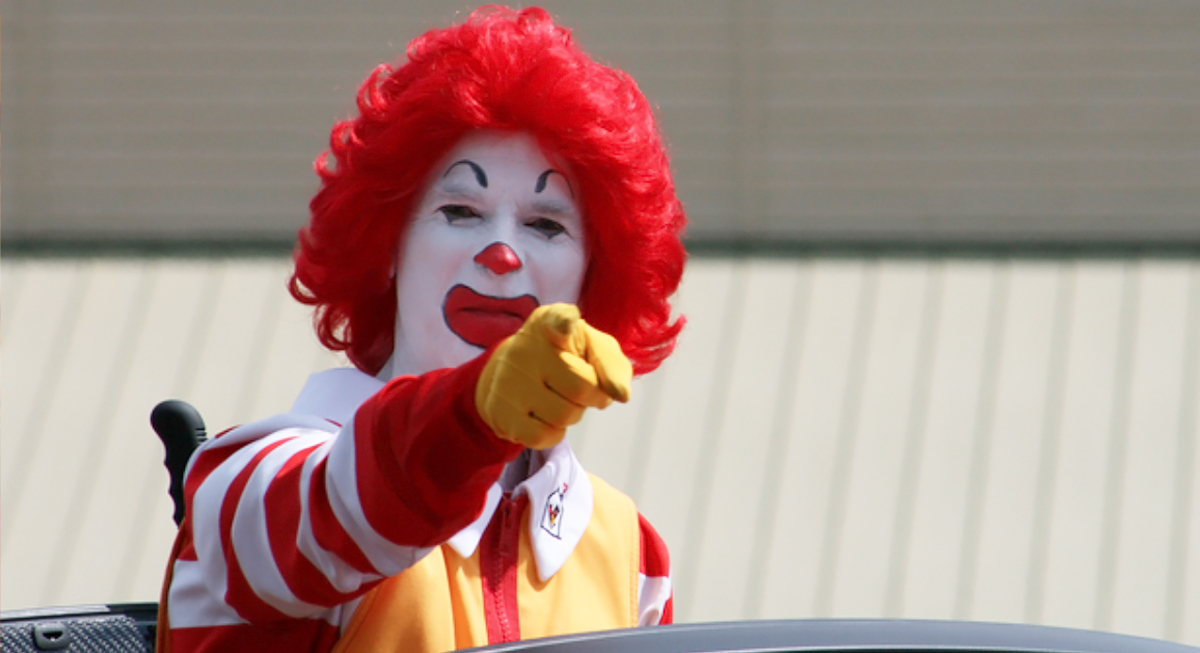Fast food is all about trust. When you’re grabbing a quick bite, you expect your meal to be exactly as advertised. But some chains have taken shortcuts that left their customers feeling more than a little cheated. From sneaky advertising tricks to outright scandals, these brands learned the hard way that fooling customers doesn’t just hurt sales—it tanks reputations too. Let’s dig into 15 times fast food chains tried to pull a fast one and failed spectacularly.
McDonald’s Hot Coffee Lawsuit
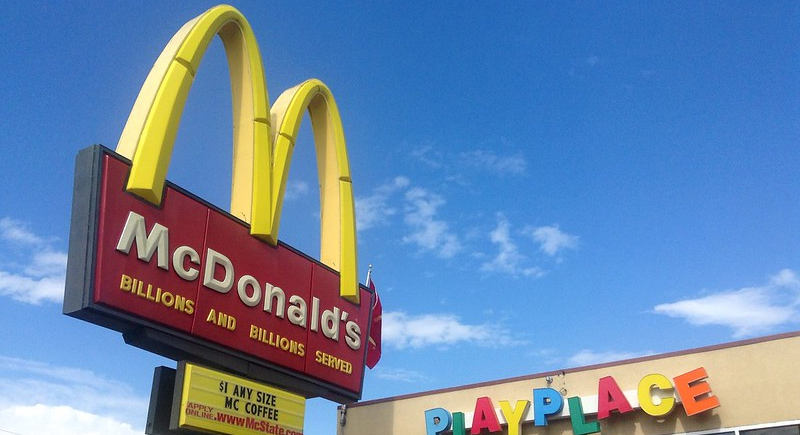
Credit: flickr
In 1992, McDonald’s found itself in hot water—literally. Stella Liebeck suffered severe third-degree burns after spilling coffee served at a scalding 180F to 190F. What made matters worse? The company had already received hundreds of similar complaints but refused to lower the temperature. The lawsuit didn’t just cost McDonald’s millions; it also burned their reputation, becoming a case study in corporate negligence.
Burger King’s Horsemeat Scandal
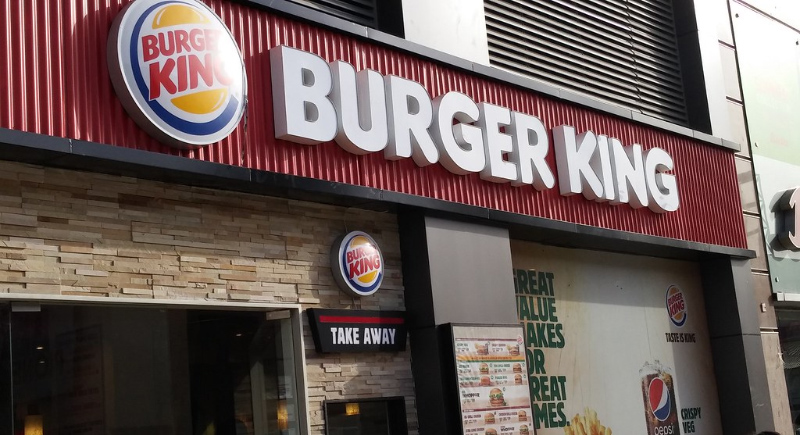
Credit: flickr
Imagine ordering a Whopper only to find out it’s, well, not quite beef. In 2013, Burger King’s European customers were horrified to discover their burgers contained traces of horsemeat. The scandal forced the chain to ditch suppliers and left customers questioning every bite. It was a sobering reminder of why supply chain transparency matters.
Chipotle’s Foodborne Illness Outbreaks
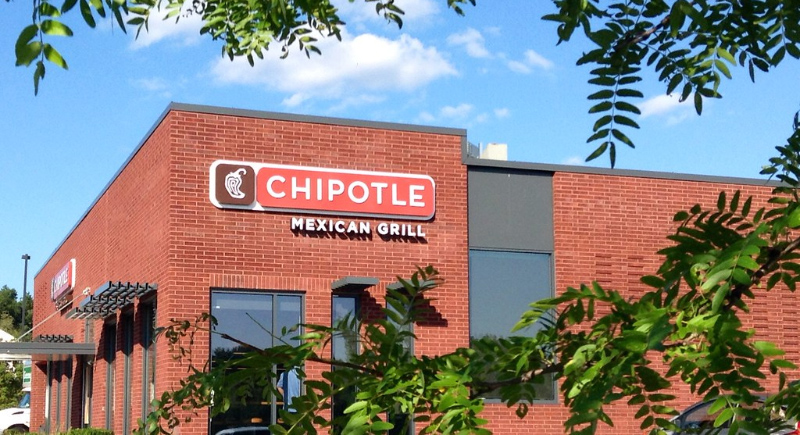
Credit: flickr
Chipotle built its brand on fresh, responsibly sourced ingredients—then everything unraveled. Between 2015 and 2018, the chain faced multiple foodborne illness outbreaks, from E. coli to salmonella, sickening over a thousand customers. These incidents cost millions and shattered Chipotle’s “fresh food” image. Even the most loyal fans couldn’t ignore the risk.
Taco Bell’s E. Coli Lettuce Problem
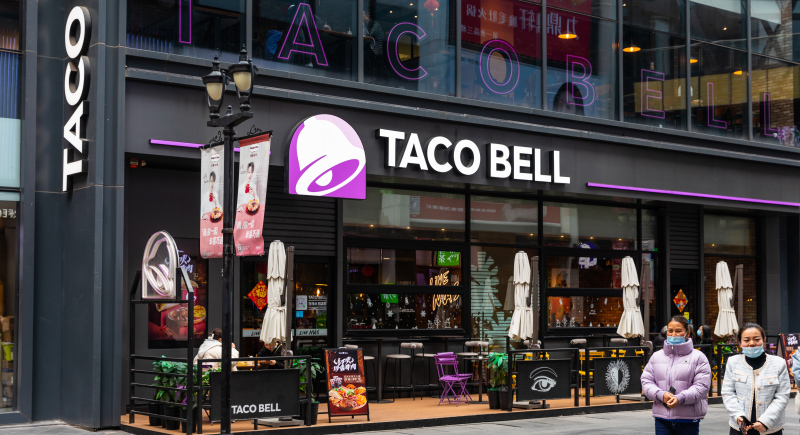
Credit: iStockphoto
In 2006, an E. coli outbreak linked to Taco Bell’s shredded lettuce sickened more than 70 people. The incident exposed flaws in ingredient sourcing and handling, leaving customers questioning just how fresh their fast food really was. It sparked a push for stronger food safety measures—and a lot of side-eye at Taco Bell.
Wendy’s Chili Finger Saga
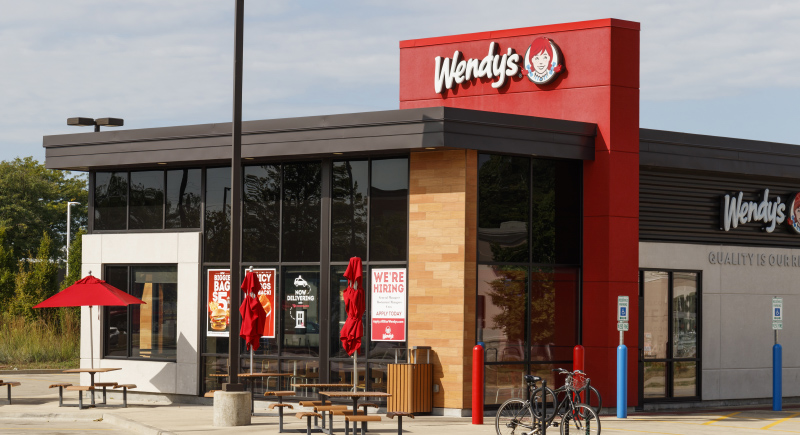
Credit: iStockphoto
Here’s one for the “stranger than fiction” files. In 2005, a customer claimed to find a severed finger in her Wendy’s chili, causing national outrage. Turns out, she planted it herself in a bizarre attempt to sue the chain. Though Wendy’s was vindicated, the scandal tanked sales and left a lingering bad taste.
Subway’s Tuna Controversy
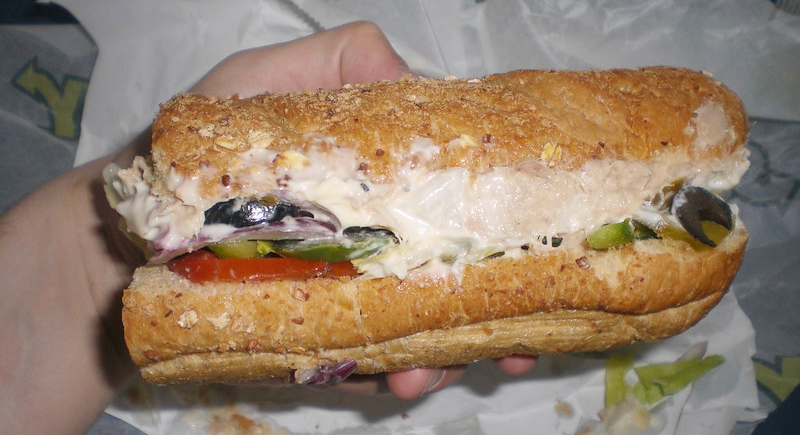
Credit: flickr
Subway is all about “eat fresh,” but in 2021, its tuna sandwiches became a PR nightmare. Lawsuits alleged the tuna wasn’t actually tuna, sparking outrage and skepticism. Subway denied the claims, but the controversy raised serious doubts about ingredient authenticity—not exactly appetizing.
Burger King’s Misleading Ads
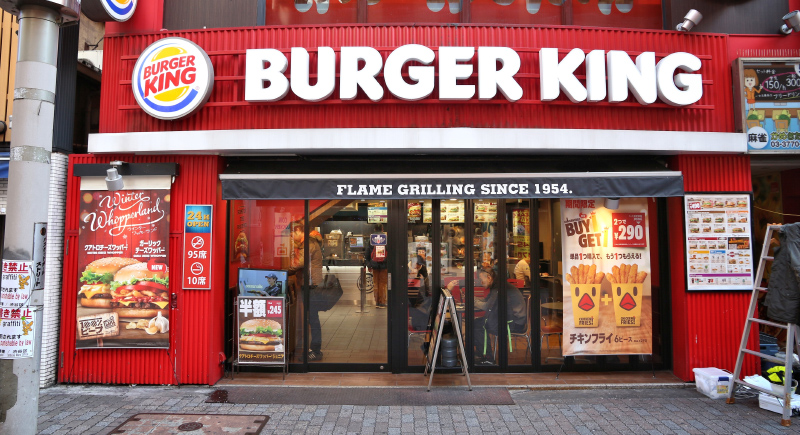
Credit: iStockphoto
“Have it your way” took a hit when Burger King faced allegations of false advertising. Customers noticed their burgers looked much bigger in ads than in reality. A class-action lawsuit followed, leaving the chain scrambling to explain itself. It’s a textbook case of why honesty in advertising isn’t optional.
KFC’s French Fry Illusion
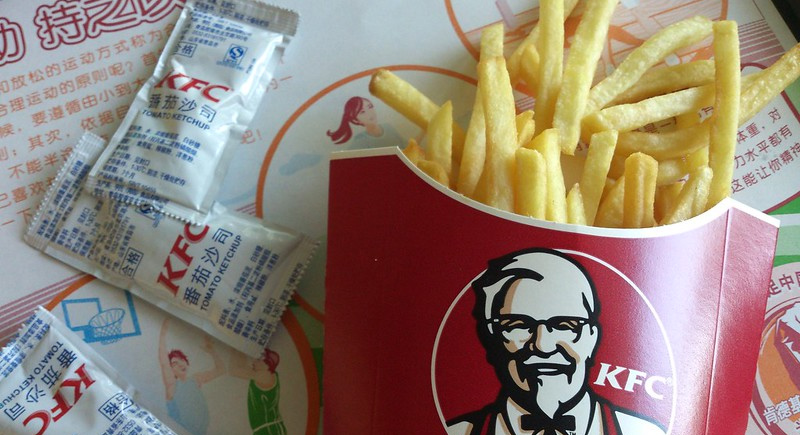
Credit: flickr
In Australia, a KFC employee spilled the beans—or fries. Staff were reportedly trained to tilt fry boxes, making them appear fuller than they actually were. When customers found out, the backlash was swift. After all, nobody likes paying for air with their fries.
Domino’s “Fake Cheese” Drama
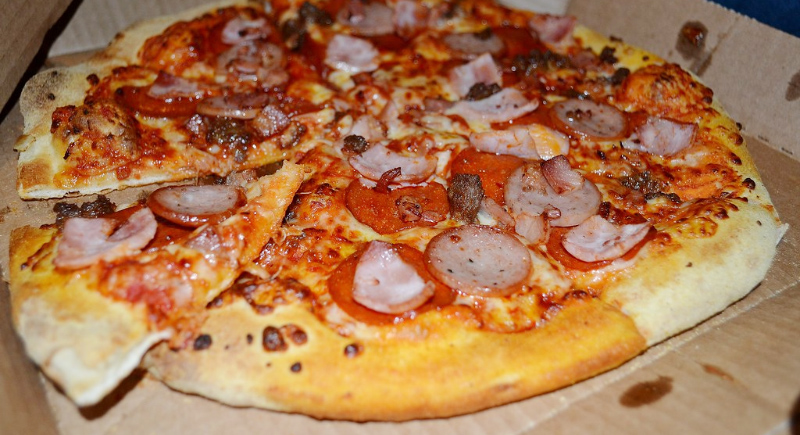
Credit: flickr
In 2019, Domino’s India faced allegations of using a cheese substitute instead of real cheese on its pizzas. Customers felt betrayed, and the backlash forced Domino’s to reevaluate its ingredient policies. The lesson? Don’t mess with people’s pizza.
Pizza Hut’s Shrinking Pies
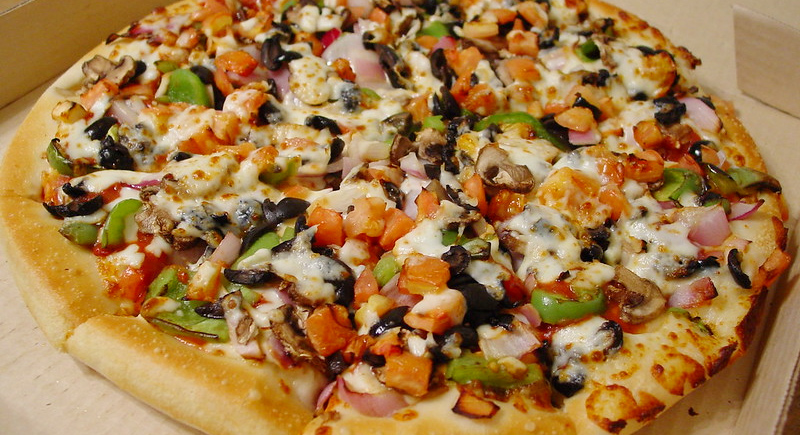
Credit: flickr
UK Pizza Hut customers weren’t imagining things—their pizzas were shrinking while prices stayed the same. When confronted, Pizza Hut claimed it was part of a recipe update. Unsurprisingly, this explanation didn’t sit well with customers, who felt they were paying more for less.
Starbucks’ Underfilled Lattes
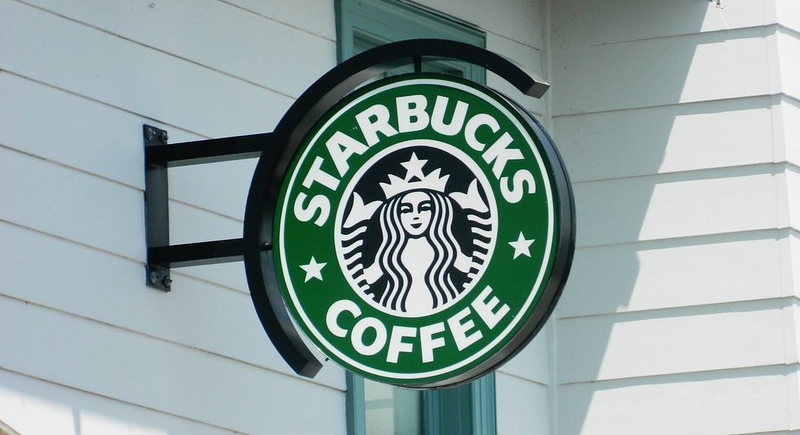
Credit: flickr
Starbucks got brewed in controversy over claims that its lattes were underfilled. A lawsuit accused the chain of using oversized cups to make drinks appear fuller. Though the case didn’t hold up in court, it left many wondering if their pricey coffee was worth it.
Dunkin’ Donuts’ Butter Bluff
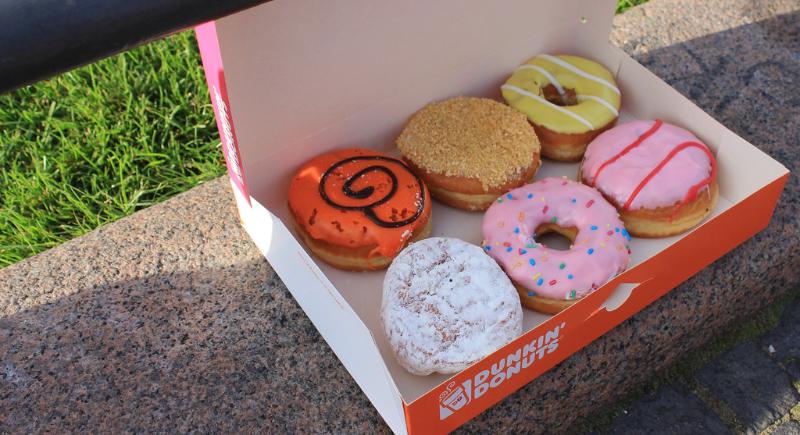
Credit: flickr
In 2017, Dunkin’ customers discovered the chain had been serving margarine instead of real butter, despite advertising otherwise. The revelation led to a lawsuit and a lot of trust issues. For a brand built on simplicity, this misstep was a major faux pas.
Arby’s Processed Meat Problem
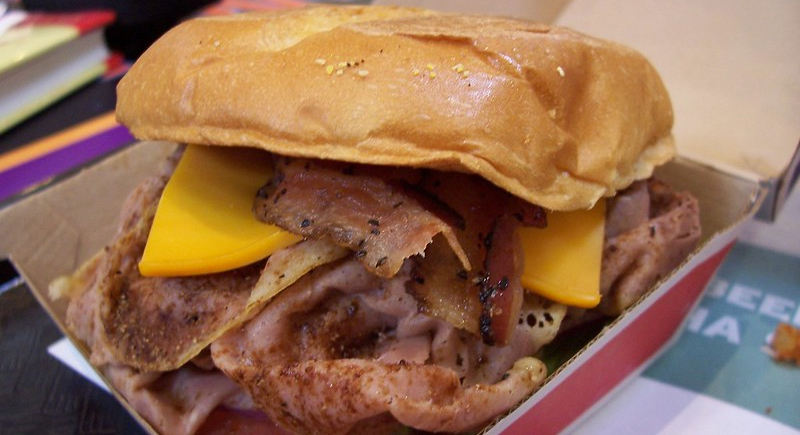
Credit: flickr
Arby’s slogan, “We have the meats,” took a hit when reports emerged that its turkey sandwiches contained processed turkey, not whole cuts. While technically not false advertising, the lack of clarity rubbed customers the wrong way.
Popeyes’ Chicken Sandwich Shortage
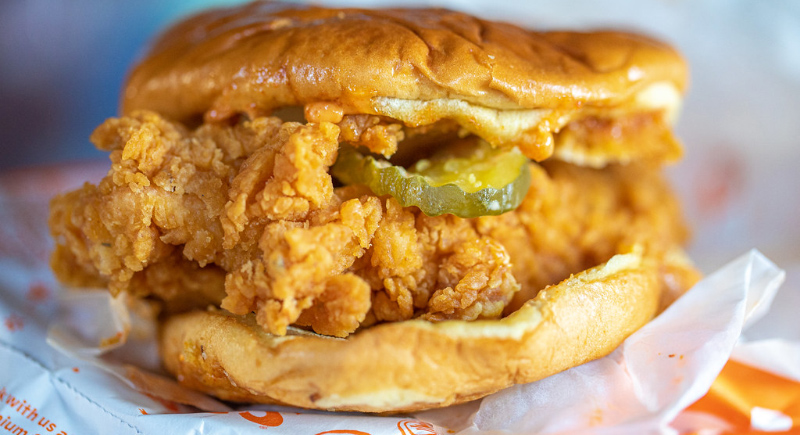
Credit: flickr
When Popeyes launched its viral chicken sandwich in 2019, the hype was real. But the chain underestimated demand, leading to nationwide shortages. Frustrated customers accused Popeyes of creating artificial scarcity, turning what should’ve been a win into a PR headache.
Carl’s Jr.’s “Healthy” Claims
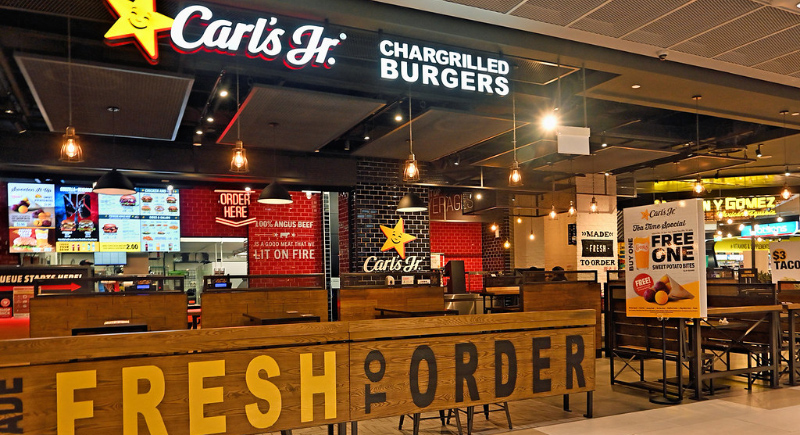
Credit: flickr
Carl’s Jr. tried to market certain menu items as “healthier options,” only for customers to discover they were anything but. Packed with calories and sodium, these items caused backlash that forced the chain to rethink its transparency. Honesty, it turns out, really is the best policy.

